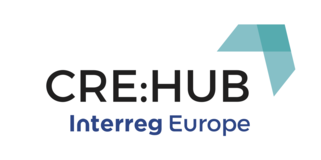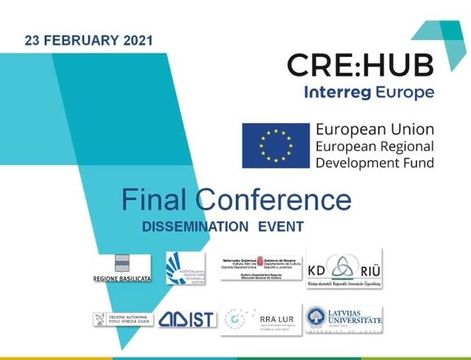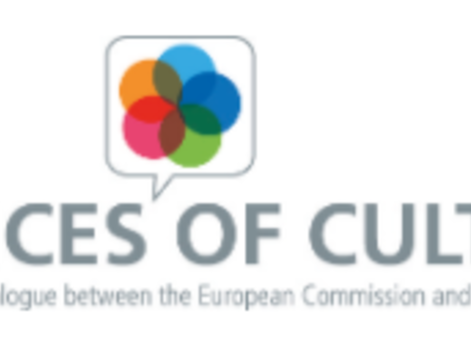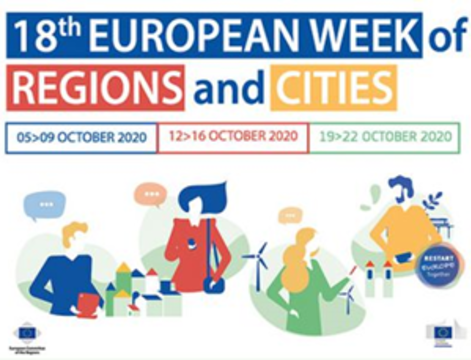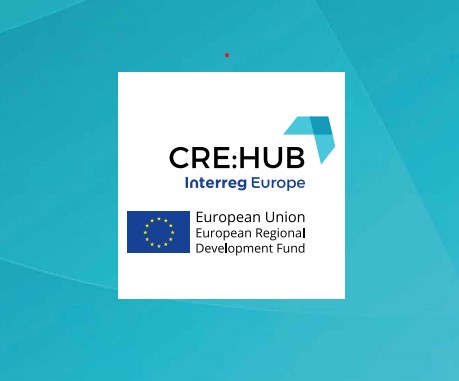An interesting report published by the European Commission highlighted the main challenges that policy makers have to take in consideration in order to implement a Smart Specialisation Strategy.
The study, built on 35 implementation cases coming from different European regions and Member states, seeks to examine how the Smart Specialisation approach was put into practice and in the same time provides an analysis of the key challenges that public authorities are seeking to address and the innovation policies that were developed.
A methodology was developed to collect relevant cases that focus on interesting practices in the implementation of Smart Specialisation, like the collection of the data that emerged from direct and structured dialogue and exchange with experienced practitioners, policy-makers as well as stakeholders from across Europe.
Moreover the report lays out a broad range of research and innovation support systems that have been developed.
The smart Specialisation is expected to continue to play a major role towards cohesion policy and regional development, even in the European structural funds programming period (2021-2027) and for this reason a better manage of the Smart Specialisation policy process by policy-makers will be a priority.
The full report is available here.
